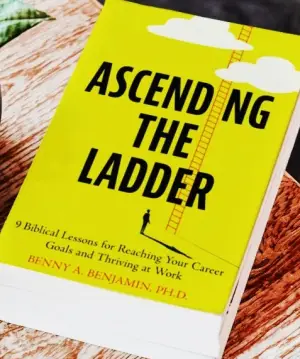I recently finished reading Daring Greatly by Dr. Brené Brown, a book that had been on my radar for quite some time. As someone who is always on the lookout for self-improvement and insights into human behavior, I was intrigued by the idea of exploring vulnerability as a source of strength rather than a weakness. With the book being a number one New York Times bestseller and having sold a million copies, I was certainly curious about what all the buzz was about.
Dr. Brown’s book provides a transformative perspective on how we can lead, love, work, parent, and educate through the lens of vulnerability. With 12 years of pioneering research informing her insights, she compels us to reconsider many cultural myths around vulnerability. One of the key points that resonated with me was her assertion that vulnerability is our most accurate measure of courage. In a world that often promotes perfectionism and self-protection, Daring Greatly challenges us to step into the "arena" of life wholeheartedly—to take emotional risks that might lead to criticism or disappointment.
What struck me the most about this book is how relatable and accessible Dr. Brown’s writing is. She has a way of speaking to the reader that feels both personal and authoritative, blending research findings with anecdotes that many of us can identify with. For instance, I found the exploration of shame particularly enlightening. Brown argues that shame can hinder us from embracing vulnerability, which in turn stifles our growth. Many readers, including one who commented that the book transformed their way of thinking about vulnerability, echoed my sentiment regarding its relatability and practical implications.
However, while I found many facets of the book profoundly inspiring, I noticed that some readers had points of critique. One reviewer expressed a desire for more specific guidance on how to practice vulnerability for those who may not be in a familial or romantic context. I can relate to this; as beneficial as the insights are, the application can sometimes feel daunting, especially when you’re navigating life independently.
Another common critique noted the challenge of making the concepts actionable in daily life. While Brown presents profound ideas, some may find the transition from understanding to implementation to be a significant leap. This aligns with my experience as I pondered how to embody the practices she advocates.
Despite these drawbacks, I found Daring Greatly to be a treasure trove of wisdom that encourages us to confront our fears and live more authentic lives. Brown emphasizes that the act of being vulnerable isn’t a road to defeat but rather an avenue to connection, creativity, and joy. The reminder that "when we shut ourselves off from vulnerability, we distance ourselves from experiences that bring purpose and meaning" resonated deeply with me.
In conclusion, Daring Greatly met my expectations and then some. It offers a heartfelt exploration of critical emotional challenges while inviting us to reconsider our relationship with vulnerability. As I closed the book, I felt a renewed sense of courage, encouraging me to dare greatly in my own life. I highly recommend it for anyone looking to grow personally and embrace their true selves. Whether you’re a parent, a professional, or someone simply seeking deeper connections, this book can have a meaningful impact. Dr. Brené Brown invites us to reflect, engage, and dare to be seen—and I believe it’s a journey worth embarking on.








